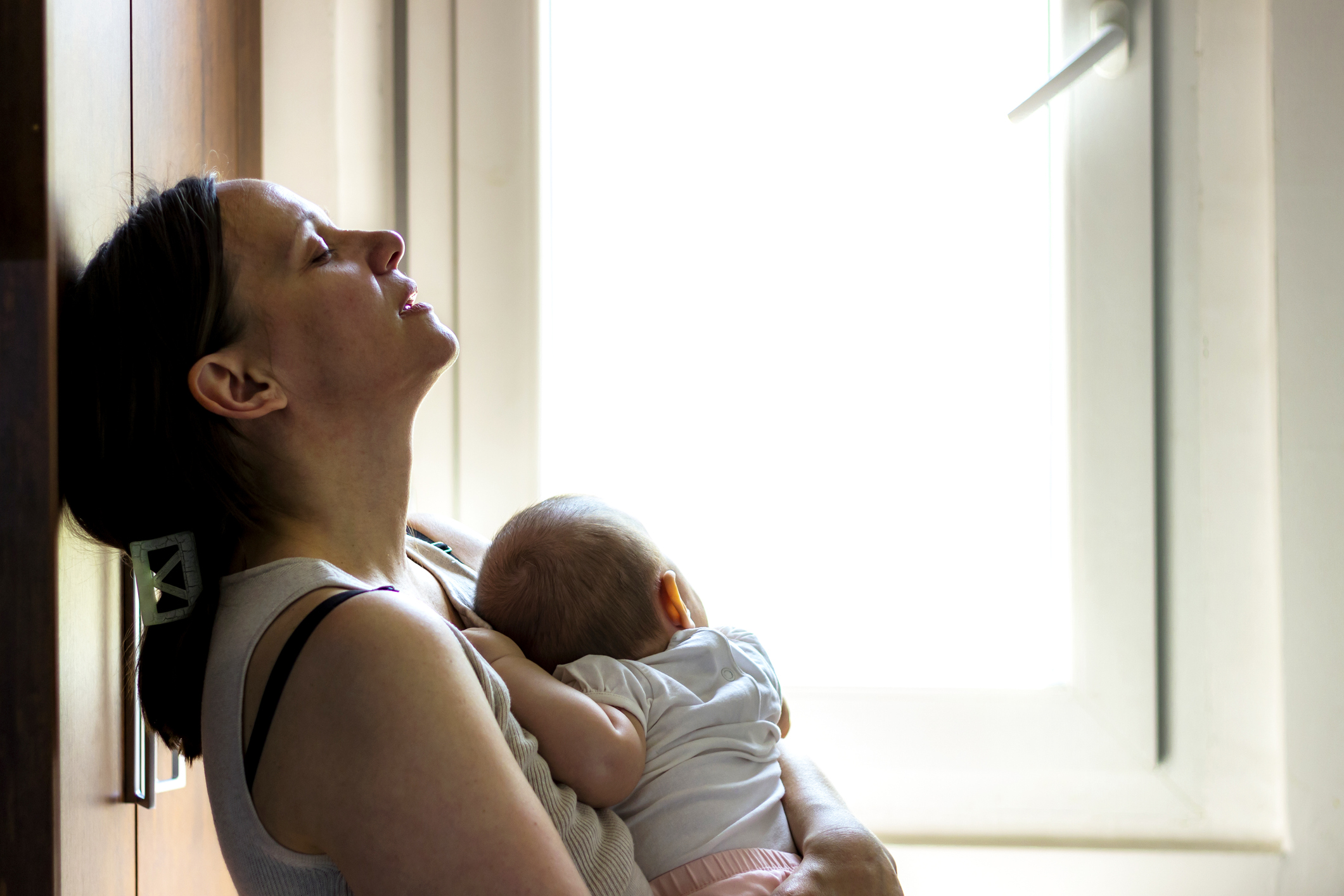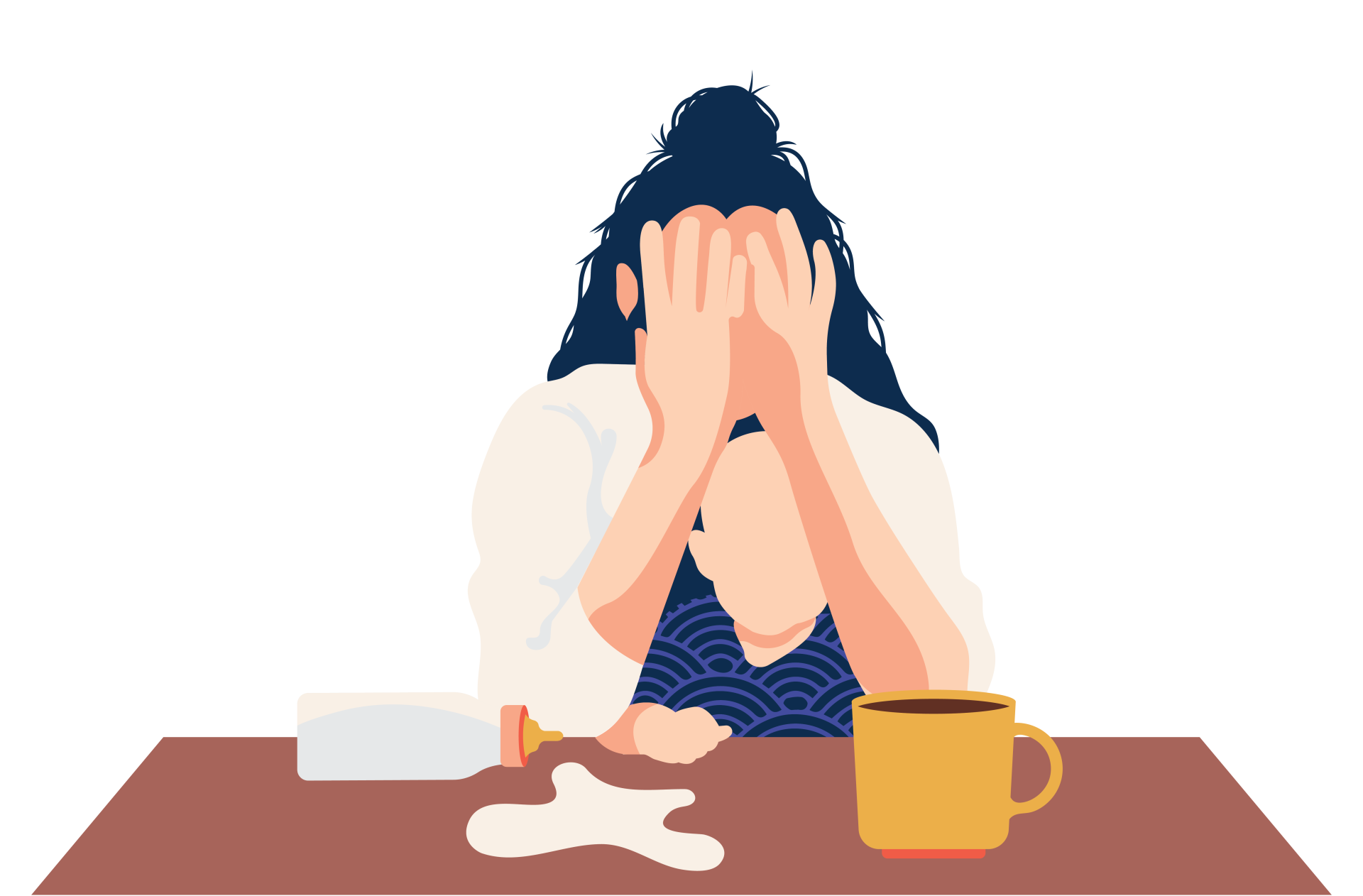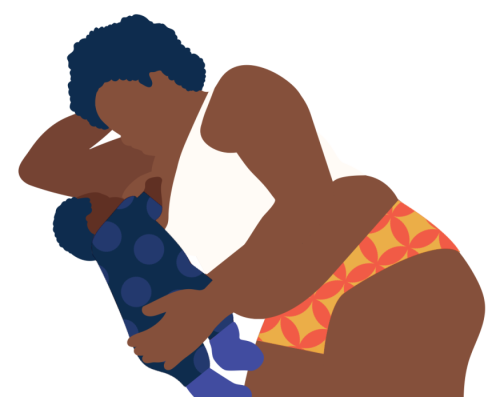The Leading Maternal Mental Health Treatment Center
At The Motherhood Center, we are here to support you every step of the way and help you feel a whole lot better.
We are a comprehensive mental health treatment center for new and expecting mothers/birthing parents experiencing perinatal depression, perinatal anxiety, obsessive-compulsive disorder, post-traumatic stress disorder, bipolar disorder and postpartum psychosis.
Our services include our one-of-a-kind Perinatal Day Program, therapy, medication management, and support groups.


Feel like having a baby isn’t as wonderful as it’s “supposed” to be?
Becoming a mother today feels more challenging than it has ever been. Yet, the narrative that goes along with this transition remains the same – being pregnant and having a baby is “wonderful” and “blissful” and “the best thing that will ever happen to you.” These messages that are seen all over social media, create a waterfall of “shoulds” and “supposed to’s” that cause many women to feel guilty, ashamed, and like a failure when they experience anything less. The real truth is – motherhood is messy. There are some good parts but also lots of overwhelming, frustrating, anxious, and sad parts too. At The Motherhood Center – we make space for it all.
How are you feeling?
Facts about maternal mental health
1 in 5 new and expecting mothers experience perinatal mood and anxiety disorders (PMADs). These conditions are very common, yet many women are afraid to talk about how bad they are feeling due to the shame and stigma surrounding maternal mental health, or they don’t know where to go or who to turn to. PMADs include a number of different symptoms and diagnoses, including prenatal and postpartum anxiety, prenatal and postpartum depression, OCD, PTSD, Bipolar Disorder, and postpartum psychosis. PMADs can strike at any time during pregnancy and up to one year postpartum. Despite the catch-all term “postpartum depression,” 50% of all PMAD cases develop during pregnancy. Here is some more information about PMADs:
Treatment at The Motherhood Center

What is the Perinatal Day Program?
The Motherhood Center has different levels of treatment to help you feel like yourself again. Our Day Program is a comprehensive level of care designed for new and expecting mothers/birthing people who are experiencing postpartum depression or other moderate to severe PMAD symptoms and having difficulty caring for themselves and/or their babies. The “magic” of the Day Program is that it helps perinatal people feel much BETTER – much FASTER.
Learn more about our Day Program
Personlized PMAD Care
At The Motherhood Center, we provide a full spectrum of specialized services to support the emotional well-being of mothers/birthing people before, during, and after pregnancy. From individual therapy and medication management to expert consultations and preconception counseling, each service is designed to meet you exactly where you are.
Learn more about our treatment services


Personalized PMAD Care
At The Motherhood Center, we provide a full spectrum of specialized services to support the emotional well-being of mothers/birthing people before, during, and after pregnancy. From individual therapy and medication management to expert consultations and preconception counseling, each service is designed to meet you exactly where you are.
Learn more about our treatment services

Inclusivity at TMC
No birth story or parenting journey is identical. That’s why The Motherhood Center strives to make all therapeutic services as accessible and accommodating as possible for parents of all identities and backgrounds. We acknowledge that not all pregnant people identify as women, and thus encourage LGBTQIA+ pregnant and postpartum people to seek clinical care with us and join our community. The Motherhood Center is a place to talk about the hard parts of parenting as they intersect with race, identity, gender, sexual orientation, and other important aspects of identity. However you identify, The Motherhood Center is here for you.
Support Groups
The Motherhood Center offers an array of virtual support groups for new and expecting birthing people.
Learn more
PMAD Education
Learn about the different types of perinatal mood and anxiety disorders.
Our trainings
PMAD Stories
A mixed media collection of real stories from perinatal mood and anxiety disorder survivors.



